Hi everyone
There's something deliciously indulgent about surrendering an entire weekend to Jane Austen adaptations. A couple of times each year, I gather provisions that would make Mrs. Bennet proud and immerse myself in cinematic interpretations of my great-aunt's beloved works.
This weekend's selection took me through five versions of three novels, plus one adaptation of Jane's wickedly entertaining epistolary novella. As the last of Jane's nieces to grow up at Chawton House, I approach these films not as a purist, but with an eye for how they capture the essence of Jane's brilliant characterizations and social commentary. A good adaptation needn't be slavishly faithful to be successful, sometimes the most interesting interpretations take creative liberties while still honouring the spirit of Jane's work.
So, settle in with a cup of tea as I share my thoughts on six Austen adaptations that kept me company this weekend.
Emma (2020) - Directed by Autumn de Wilde, starring Anya Taylor-Joy
This visually sumptuous adaptation bursts with color, wit, and a distinctly modern sensibility while remaining firmly rooted in Regency details. I enjoyed Taylor-Joy's sharp-edged Emma very much, an embodiment of Jane's famous line about creating "a heroine whom no one but myself will much like."
What struck me most about this adaptation was how it balances comedic elements with genuine emotional depth. The hilarious dinner party scene with Miss Bates' endless chatter plays beautifully against the Box Hill sequence where Emma's cruelty is laid bare. Mr. Knightley (Johnny Flynn) brings a refreshing earthiness to the role that makes his moral authority feel earned rather than preachy.
While some purists might quibble with certain stylistic choices, I found this adaptation captured the essence of Emma Woodhouse's journey from privileged meddler to a woman with genuine self-awareness. As Jane intended, there is palpable tension and tenderness in the chemistry between Emma and Knightley, and the development of their romantic relationship feels authentic.
Like many of you, I didn’t care for the nosebleed, but De Wilde's direction reminds us that underneath all the exquisite period detail and social comedy, this is ultimately a story about growth, self-discovery, and the courage to admit when we've been utterly, completely wrong.
Emma (1996) - Directed by Diarmuid Lawrence, starring Kate Beckinsale
This ITV television adaptation offers a wonderfully nuanced portrayal of our meddlesome heroine. Kate Beckinsale brings a captivating blend of confidence and vulnerability to Emma, allowing us to see both her youthful arrogance and the genuine good heart beneath her misguided matchmaking.
What makes this adaptation particularly interesting is how it balances Emma's personal journey with the social dynamics of Highbury. The production takes care to establish the village as a living community where everyone's position is clearly understood, which is precisely the kind of social ecosystem Jane was so masterful at depicting.
Mark Strong's Mr. Knightley, however, lacks some of the warmth that makes the character so beloved. As someone who grew up knowing Mr. Knightley all my life (he is, after all, named after my family!), this portrayal feels unnecessarily severe. Mr Knightley is of the first Jane Austen heroes my family told me about as a child and a successful portrayal of Mr. Knightley should balance his moral authority with the genuine kindness and patience that makes him not just respected, but thoroughly likeable.
Despite this, Beckinsale's Emma is a delight, capturing the character's essential spirit with remarkable precision. The production's restrained visual palette may lack the flash of Emma 2020, but it allows the strength of Jane's characterizations to take centre stage.
Love & Friendship (2016) - Directed by Whit Stillman, starring Kate Beckinsale
What a treat to see Jane's early novella Lady Susan brought to life with such wicked delight! Kate Beckinsale's Lady Susan Vernon is a masterclass in manipulative charm, a woman using the only power available to her (her wit and beauty) to secure her position in a world designed to limit her options.
The sophistication and wit in Jane's writing is all the more remarkable considering she wrote Lady Susan when she was just 19 years old. While her later works would develop the finesse that made her a literary icon, there's something wonderfully free and unrestrained about her early writing. Without the pressure of publication, teenage Jane wrote with a delicious wickedness that later became more subtly veiled in irony. The sparkling dialogue and unabashed scheming of Lady Susan remind us that before Jane was a beloved moralist, she was a sharp-eyed young woman with an unflinching understanding of human folly.
This adaptation brilliantly captures the biting social satire of Jane's early work. Lady Susan's thoroughly unrepentant scheming would make even the most conniving of Jane's published characters blush, yet Kate Beckinsale makes her strangely admirable in her tactical brilliance. The film's quicksilver dialogue and acerbic humour feel perfectly in keeping with Jane's epistolary original.
This adaptation proves that Jane's insight into society's hypocrisies was present from her earliest writings. Her youthful voice was more openly mischievous than the refined irony of her mature novels, and I love it.
My only criticism of Love and Friendship is the title. If Lady Susan wasn't considered a suitable name for the movie, I would have preferred a completely new title, rather than borrowing from another of Jane's early works, which forever causes confusion about Jane's juvenile writing. The film's title references Jane's epistolary story Love and Freindship (with Jane's original spelling), written when she was just fourteen, which has no connection to the Lady Susan narrative beyond being part of Jane's youthful writings.
Mansfield Park (1999) - Directed by Patricia Rozema, starring Frances O'Connor
Perhaps the most controversial adaptation on my list, Rozema's film takes significant creative liberties with Jane's most complex novel. Frances O'Connor's Fanny Price is a far cry from the quiet, moral centre of the book. Instead, she's imbued with qualities from Jane Austen herself, including writing ambitions and a more outspoken nature.
While purists might balk at these changes, I found this reimagining a satisfying watch and thought provoking in how it addresses the novel's underlying themes of slavery, exploitation, and moral corruption. By making the Bertrams' wealth explicitly tied to West Indian plantations, Rozema forces us to confront uncomfortable historical truths that Jane herself more subtly referenced.
As Helena Kelly points out in her excellent book Jane Austen - A Secret Radical, contemporary readers of Mansfield Park would have understood the novel's references to slavery, but many of these allusions have been lost over time. The original references, including mentions of writers well-known for their anti-slavery positions, would have been clear signals to Jane's contemporaries, but are largely missed by modern audiences. By bringing these themes to the foreground, Rozema helps contemporary viewers understand that Jane's novels were never mere fluff but engaged deeply with the serious moral issues of her day.
Frances O'Connor brings a fierce intelligence to her portrayal that, while not strictly faithful to the book's Fanny, captures something essential about the moral clarity that guides the character's choices. This adaptation is a long way from Jane’s Mansfield Park, but reminds us that sometimes the spirit of a work can be honoured even while reimagining its specifics.
Mansfield Park (2007) - Directed by Iain B. MacDonald, starring Billie Piper
Oh dear. While I hesitate to be unduly critical of any attempt to bring Jane's work to new audiences, this adaptation struggles to capture the essence of Mansfield Park's complex moral universe. Billy Piper is a talented actress, but the writing fails to give her the material needed to convey Fanny Price's quiet strength and uncompromising moral centre.
What's missing here is the subtle class commentary that makes the novel so fascinating. Fanny's position as the poor relation whose moral worth ultimately exceeds that of her wealthy cousins is fundamental to understanding the character. This adaptation flattens these distinctions, resulting in a Fanny who seems merely petulant rather than principled.
Even small details like Piper's hairstyling feel jarring and anachronistic; a seemingly minor issue, but one that further distances us from the period setting and Fanny's carefully maintained propriety. These visual cues should reinforce character, not distract from it.
The rushed pacing also prevents the development of Sir Thomas Bertram's character arc, which is essential for understanding the novel's complex interplay between personal morality and social position. This adaptation serves as a reminder that capturing Jane's social nuance requires more than simply transferring plot points to screen.
Persuasion (1995) - Directed by Roger Michell, starring Amanda Root
This exquisite adaptation of Jane's most mature novel remains, for me, one of the finest translations of her work to screen. Amanda Root's Anne Elliot begins the film as nearly invisible, a woman who has retreated so far into herself after years of regret that she barely registers in the frame. Watching her gradually bloom back to life as she reconnects with Captain Wentworth is cinematic storytelling at its finest.
What makes this adaptation so successful is its embrace of restraint. The famous letter scene, where Anne reads Wentworth's declaration of enduring love, unfolds with such quiet intensity that it captures perfectly the emotional depth of Jane's prose. Ciarán Hinds brings a wounded dignity to Wentworth that makes their eventual reconciliation deeply satisfying.
The film also excels at conveying the social constraints that separated Anne and Wentworth initially, making their reunion not just a personal triumph but a subtle commentary on the changing social landscape of Regency England. This is precisely the kind of nuanced social observation that makes Jane's novels so enduringly relevant.
The Verdict
My weekend of Austen immersion reminded me yet again of the remarkable adaptability of Jane's stories. From the candy-coloured visual feast of 2020's Emma to the restrained emotional power of 1995's Persuasion, these adaptations offer different windows into worlds that Jane created with such precision and insight.
While not every adaptation succeeds equally, each offers something valuable to Austen enthusiasts. Even the less successful attempts remind us of just how difficult it is to capture the full complexity of Jane's sharp social observations, brilliant characterizations, and unwavering moral compass.
What's your favourite Austen adaptation? And which ones would you recommend for my next Jane Austen binge weekend? Whether it's a faithful BBC miniseries or a bold reimagining, I'd love to hear which interpretations you think deserve a place in my next Austen marathon. After all, these conversations about how we interpret and reimagine her stories are part of what keeps her legacy vibrantly alive more than two centuries after she sat at that small round table in Chawton Cottage, quietly revolutionizing the English novel.
Caroline
My Austen Heritage online - Step into Jane Austen’s world with me, Caroline Jane Knight, the last of Jane Austen’s nieces from Chawton House in the heart of Jane’s literary legacy. Join me for a unique look at Jane Austen - woman, writer, legacy - from a family perspective, with readings from the books my family has written over the centuries about Jane and Chawton, including my own memoir Jane & Me: My Austen Heritage. More than just reading, I pause throughout to share family history, stories, traditions and childhood memories. I also share authentic recipes from my family’s cookbooks from Jane’s time and exclusive family interviews you won’t find anywhere else - exclusive to paid subscribers.




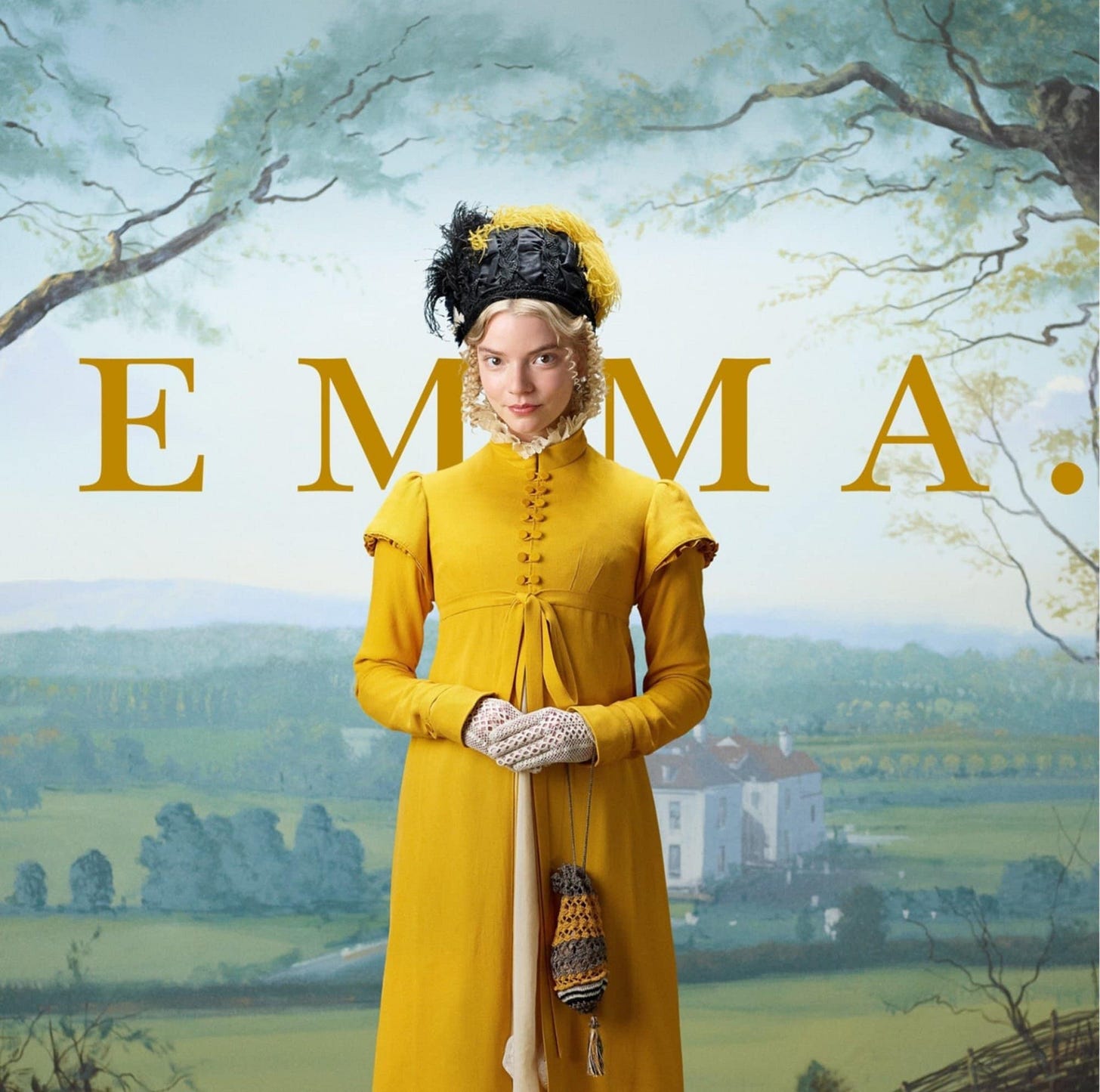
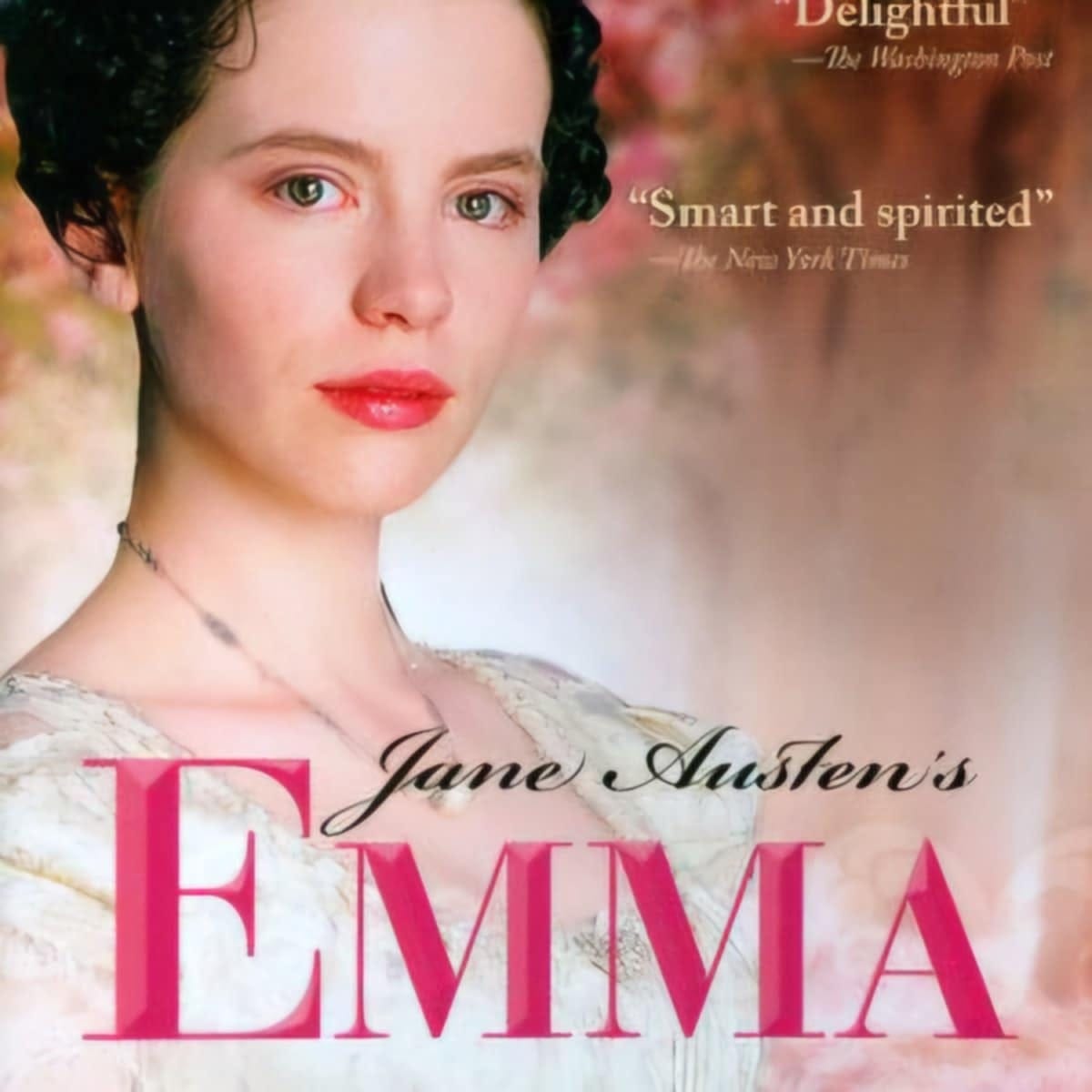
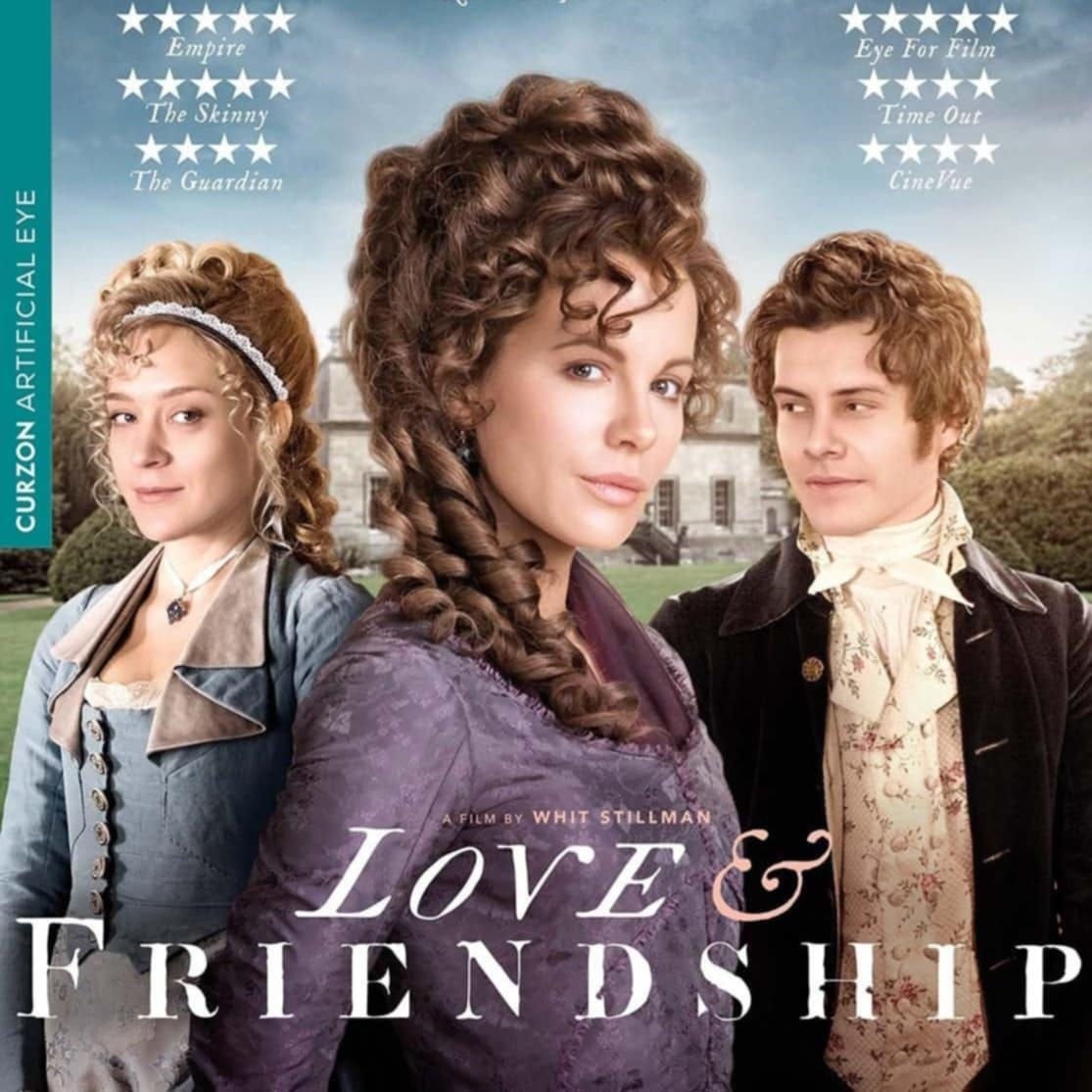
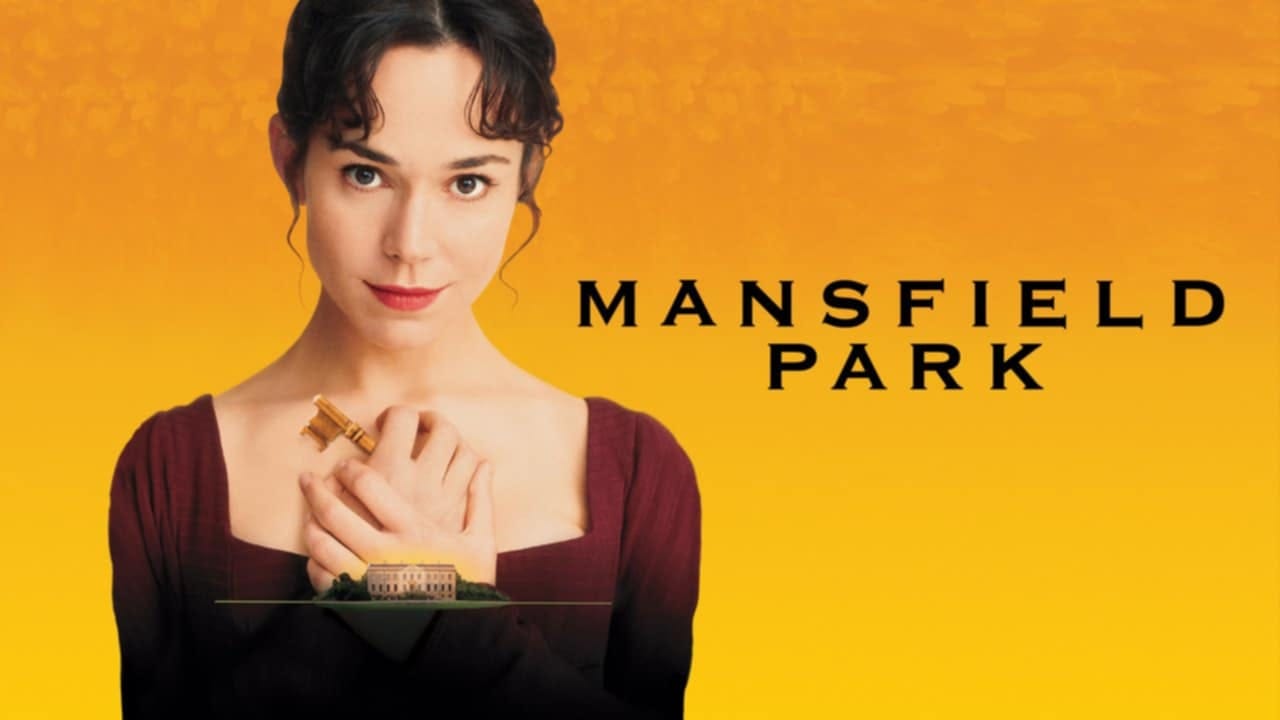
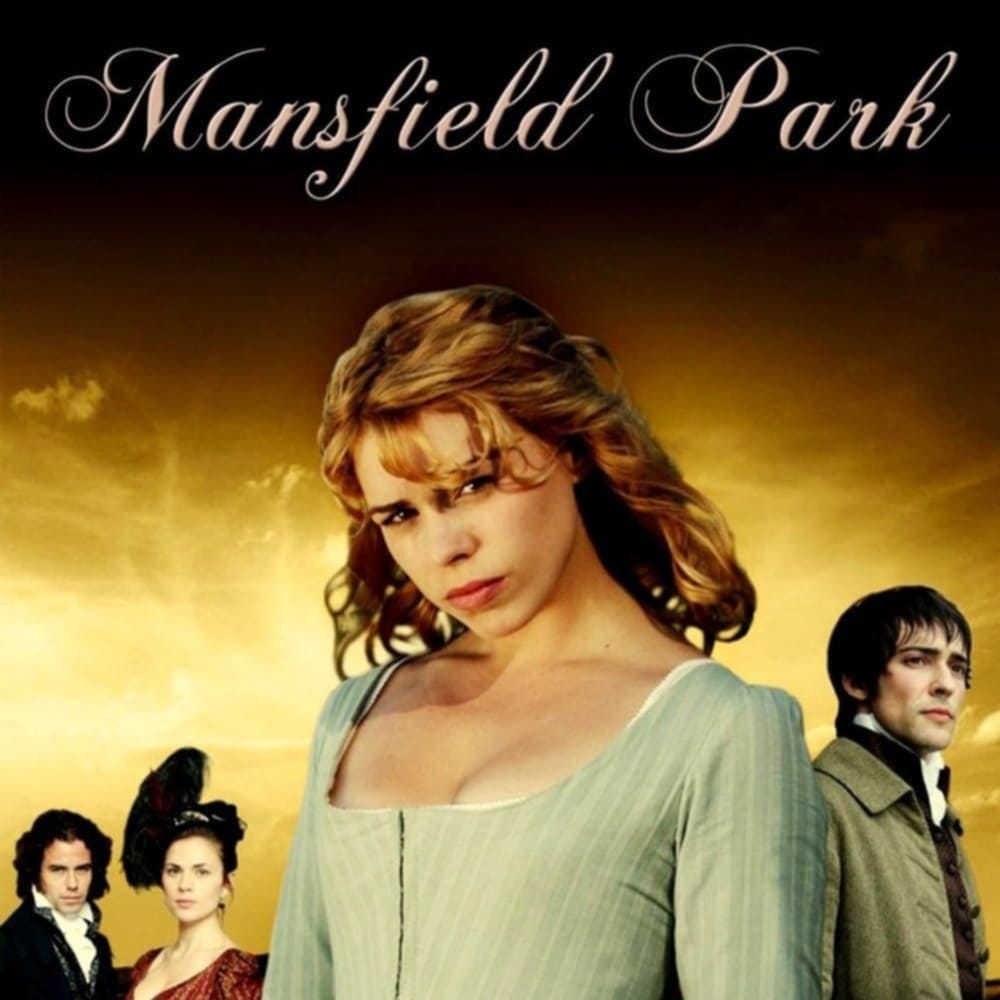

I love and own several of those on DVD.
I happen to agree with you about Mansfield Park. I enjoyed Francis O’Connor’s performance very much and think she gave us a less dull Fanny without straying far from the book. I could have done without the bang on the head references to slavery especially how it was expressed so sexually. Was it really necessary to go that far when Jane did or could not? Overall, I enjoyed this adaptation very much. Try the Emma miniseries with Romola Garai, it is excellent.